The presidency of the United States is one of the most demanding and high-stakes positions in the world.
Throughout American history, eight presidents have died while in office, leaving behind legacies shaped not only by their policies but also by the tragic circumstances of their deaths. Some succumbed to illness, while others were assassinated, often altering the course of the nation.
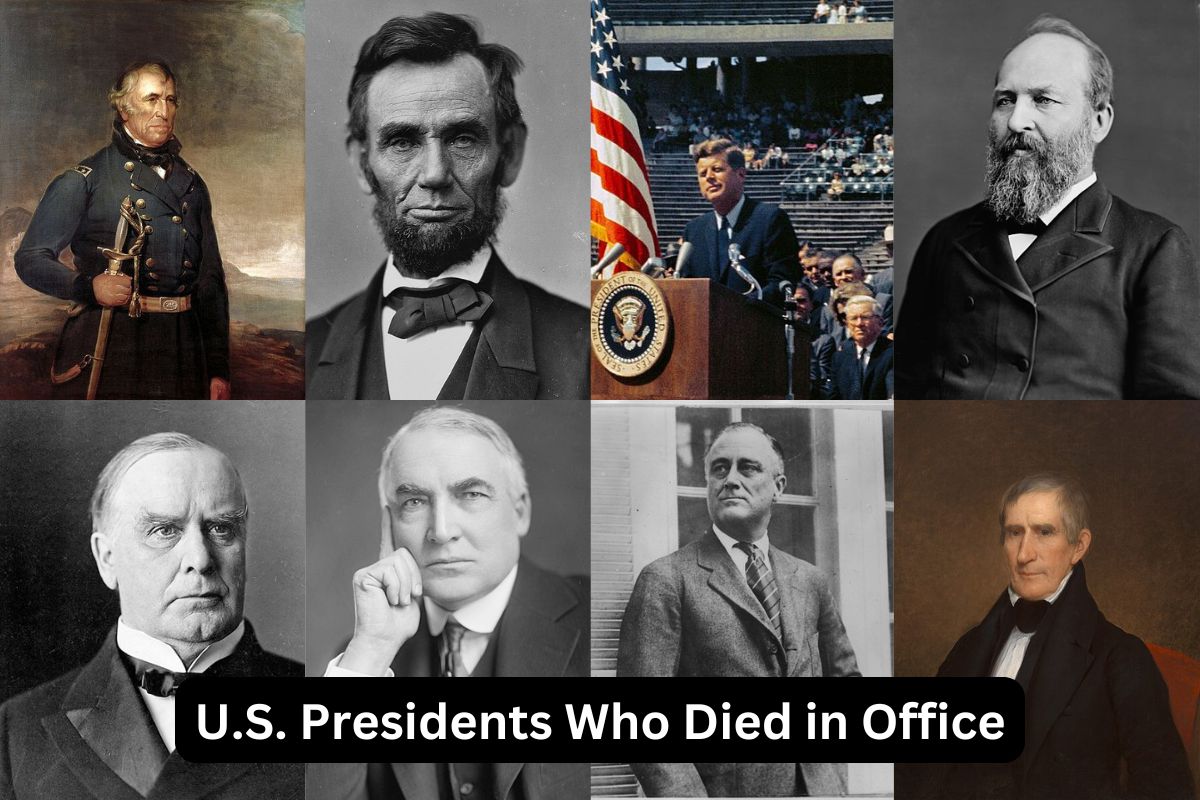
These deaths raised important questions about presidential succession, influenced political transitions, and, in some cases, changed the trajectory of U.S. history.
Below is a chronological account of the eight presidents who died in office, detailing the events surrounding their deaths and the impact each loss had on the country.
List of Presidents Who Died in Office
1. William Henry Harrison (1773-1841)
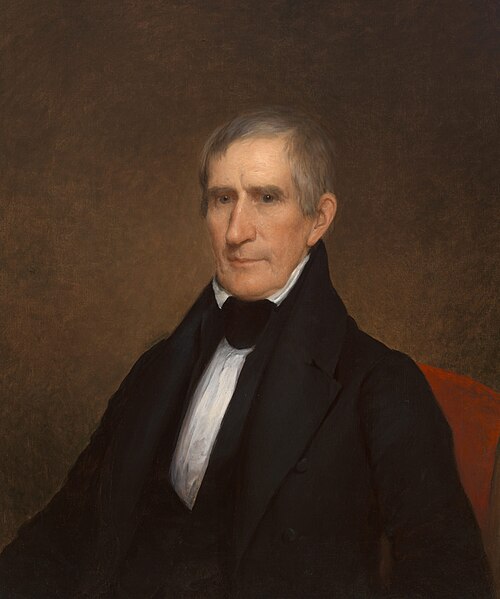
William Henry Harrison holds the unfortunate distinction of serving the shortest presidency in U.S. history, lasting only 32 days.
In March 1841, he delivered the longest inaugural address on record, standing in cold, wet weather without adequate clothing. Soon after, he developed symptoms of pneumonia, though modern scholars debate whether it was actually enteric fever caused by contaminated drinking water.
Also Read: Can a President Serve More than Two Terms?
Despite efforts to treat him with early 19th-century medical practices—including opium, bloodletting, and castor oil—his condition worsened. He died on April 4, 1841, marking the first time a sitting U.S. president had died in office.
His death also raised constitutional questions about presidential succession, as it was unclear whether Vice President John Tyler would assume full presidential powers or simply act as a temporary replacement.
Tyler set a precedent by fully assuming the presidency, a decision that later became formalized in the 25th Amendment.
2. Zachary Taylor (1784-1850)
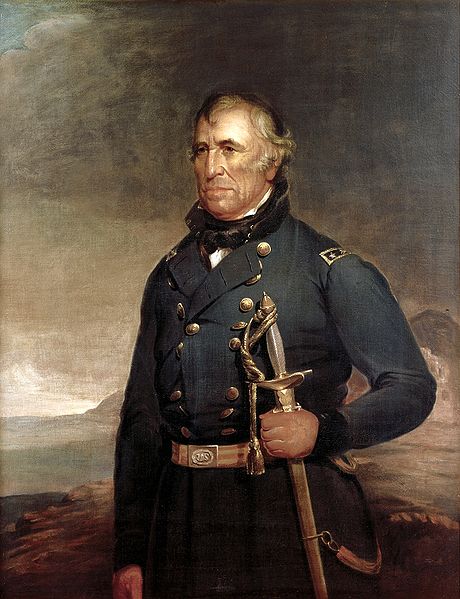
Zachary Taylor, a hero of the Mexican-American War, had been in office for just over a year when he fell ill in July 1850.
The illness came after he reportedly consumed a large quantity of cherries and iced milk on a hot day. He soon developed severe stomach cramps, diarrhea, and fever, symptoms consistent with acute gastroenteritis or cholera morbus, a common summertime disease in Washington, D.C., at the time.
Also Read: Republican Presidents in Order
Despite medical treatment, which included the use of calomel (a mercury-based medicine), his condition deteriorated, and he died on July 9, 1850. Some conspiracy theories suggested he was poisoned, but an exhumation in 1991 found no evidence of foul play.
His sudden death led to Vice President Millard Fillmore assuming the presidency, shifting the national political landscape as debates over slavery intensified in the years leading to the Civil War.
3. Abraham Lincoln (1809-1865)

Abraham Lincoln was assassinated on April 14, 1865, just days after the Confederacy’s surrender effectively ended the Civil War. While attending a play at Ford’s Theatre in Washington, D.C., he was shot in the back of the head by John Wilkes Booth, a Confederate sympathizer and actor.
Booth’s plan was to create chaos by assassinating Lincoln, Vice President Andrew Johnson, and Secretary of State William Seward, though only Lincoln was 𝓀𝒾𝓁𝓁ed. Doctors rushed to Lincoln’s aid, moving him to a boarding house across the street, but his wound was fatal. He died the following morning, April 15, 1865.
His assassination shocked the nation, particularly as he had just begun the process of reunifying the country. Vice President Andrew Johnson was quickly sworn in, taking over the difficult task of Reconstruction.
4. James A. Garfield (1831-1881)
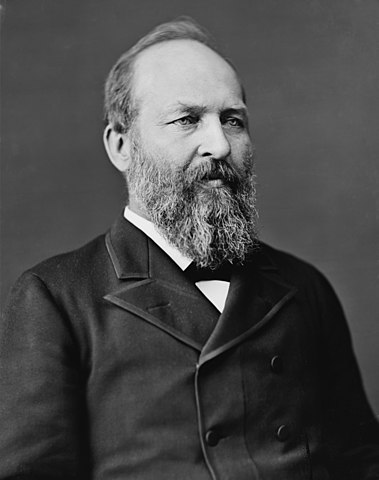
James A. Garfield was shot twice on July 2, 1881, by Charles J. Guiteau, a disgruntled office seeker who was angry that Garfield had not granted him a government position. The shooting took place at a train station in Washington, D.C., but Garfield did not die immediately.
For 80 agonizing days, he suffered as doctors probed his wounds with unsterilized hands and instruments, worsening his condition. Infection spread throughout his body, and he ultimately died on September 19, 1881, from blood poisoning and organ failure.
His drawn-out suffering intensified public awareness of the need for medical advancements, particularly antiseptic practices. His death also spurred civil service reform, leading to the Pendleton Act, which restructured how government jobs were awarded.
5. William McKinley (1843-1901)
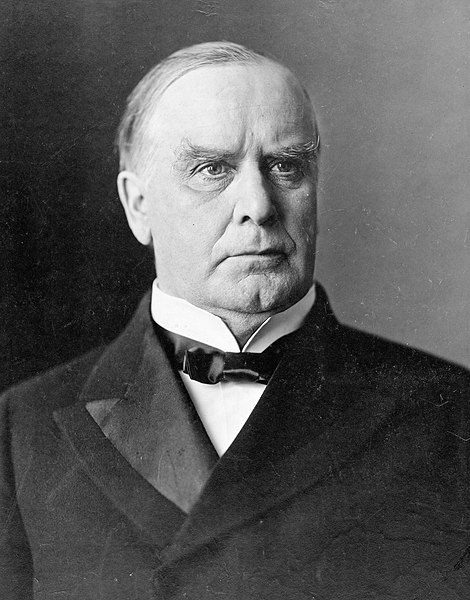
William McKinley was assassinated on September 6, 1901, by anarchist Leon Czolgosz while attending the Pan-American Exposition in Buffalo, New York.
McKinley was shaking hands with visitors when Czolgosz shot him twice at close range. Initially, doctors believed he would recover, but his condition worsened as gangrene developed in his wounds.
On September 14, 1901, he succumbed to infection. His death led to an outpouring of national grief and marked a turning point in American politics. His successor, Theodore Roosevelt, ushered in a more progressive era, promoting business regulations, labor reforms, and conservation efforts.
The assassination also heightened national security concerns and led to increased presidential protection, eventually contributing to the creation of the Secret Service as a full-time protective force.
6. Warren G. Harding (1865-1923)

Warren G. Harding’s sudden death on August 2, 1923, in San Francisco sparked numerous rumors and conspiracy theories.
Initially reported as a heart attack, speculation arose that he may have been poisoned, possibly by his wife, Florence Harding, who was fiercely protective of his legacy.
While no autopsy was conducted, historians generally agree he died from a combination of heart disease and stress. His administration had been plagued by scandals, most notably the Teapot Dome affair, though he died before the full extent of the corruption was revealed.
His successor, Calvin Coolidge, took over during a period of economic growth, but Harding’s reputation remained tarnished for decades due to the scandals surrounding his presidency.
7. Franklin D. Roosevelt (1882-1945)
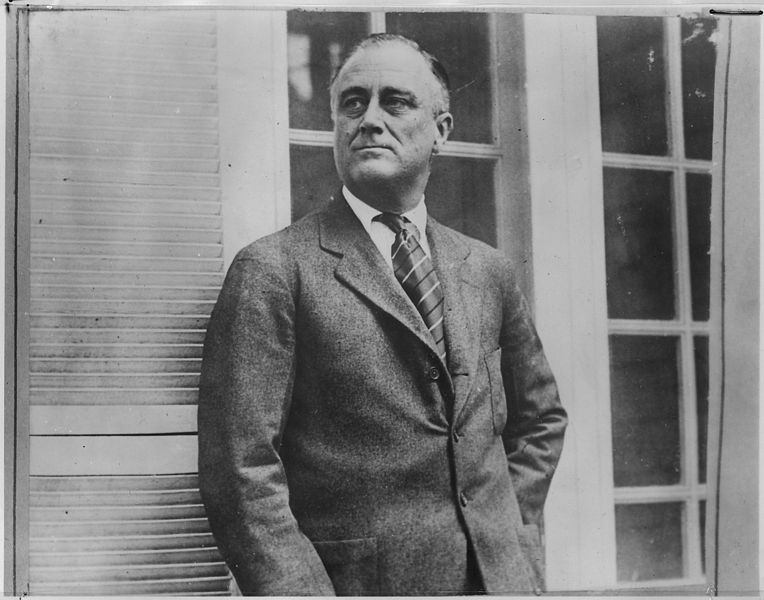
Franklin D. Roosevelt, the only U.S. president to serve four terms, died in office on April 12, 1945. He had long suffered from health issues, including polio and high blood pressure, and by 1944, his declining health was evident.
While sitting for a portrait in Warm Springs, Georgia, he suddenly complained of a “terrible headache” before collapsing from a massive cerebral hemorrhage. He died later that day, leaving Vice President Harry S. Truman to take over just as World War II was drawing to a close.
Roosevelt’s death marked the end of an era, as he had led the country through both the Great Depression and most of World War II. His passing also highlighted the need for presidential term limits, leading to the eventual ratification of the 22nd Amendment.
8. John F. Kennedy (1917-1963)
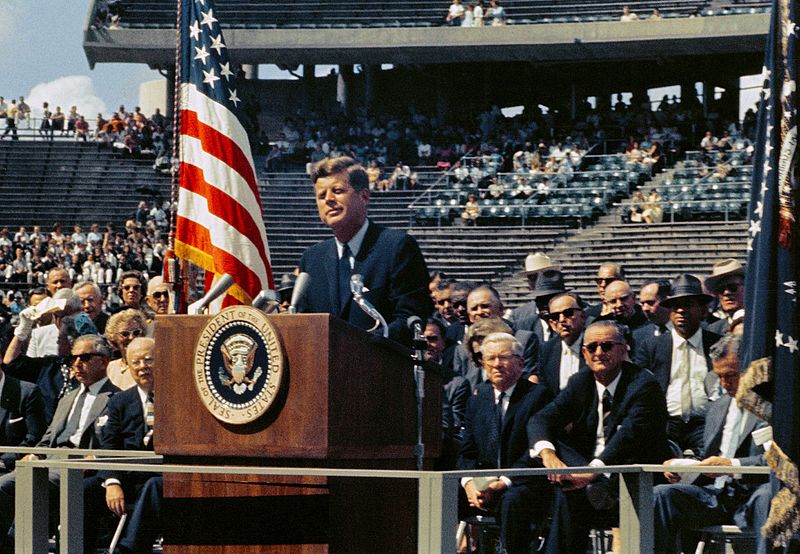
John F. Kennedy was assassinated on November 22, 1963, while riding in a motorcade through Dealey Plaza in Dallas, Texas.
He was struck by two bullets, one in the neck and another in the head, fired from a nearby building by Lee Harvey Oswald. He was rushed to Parkland Memorial Hospital but was pronounced dead shortly after arrival.
His assassination remains one of the most heavily investigated and debated events in American history, with numerous conspiracy theories surrounding the possibility of multiple shooters. Vice President Lyndon B. Johnson was sworn in aboard Air Force One just hours later.
Kennedy’s assassination profoundly impacted the nation, ushering in a period of political and social turbulence during the 1960s, as civil rights movements and Cold War tensions escalated.